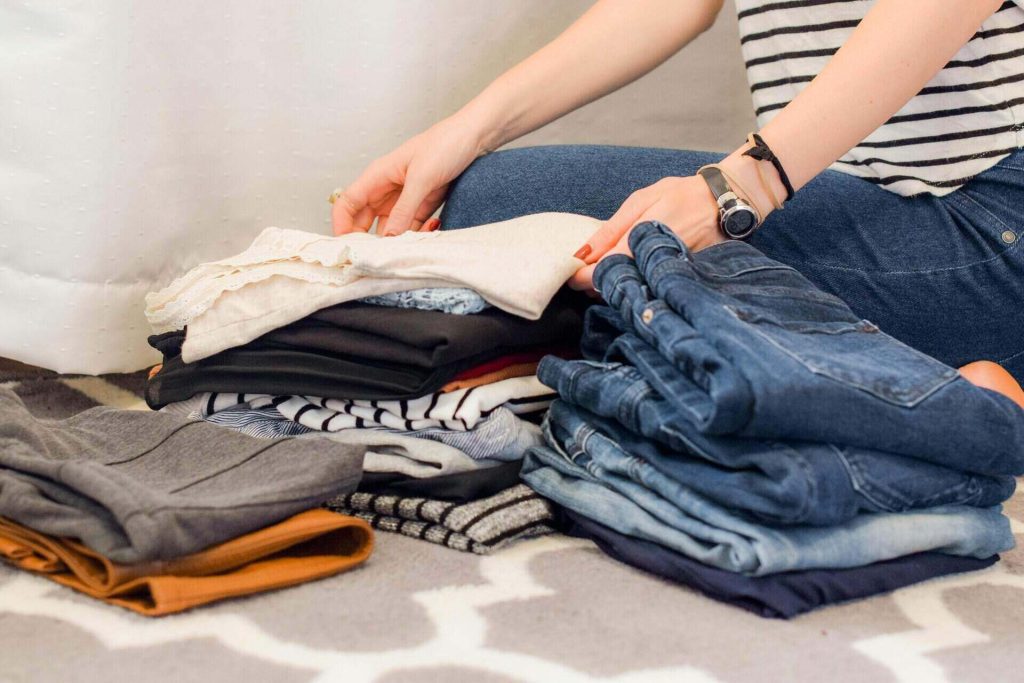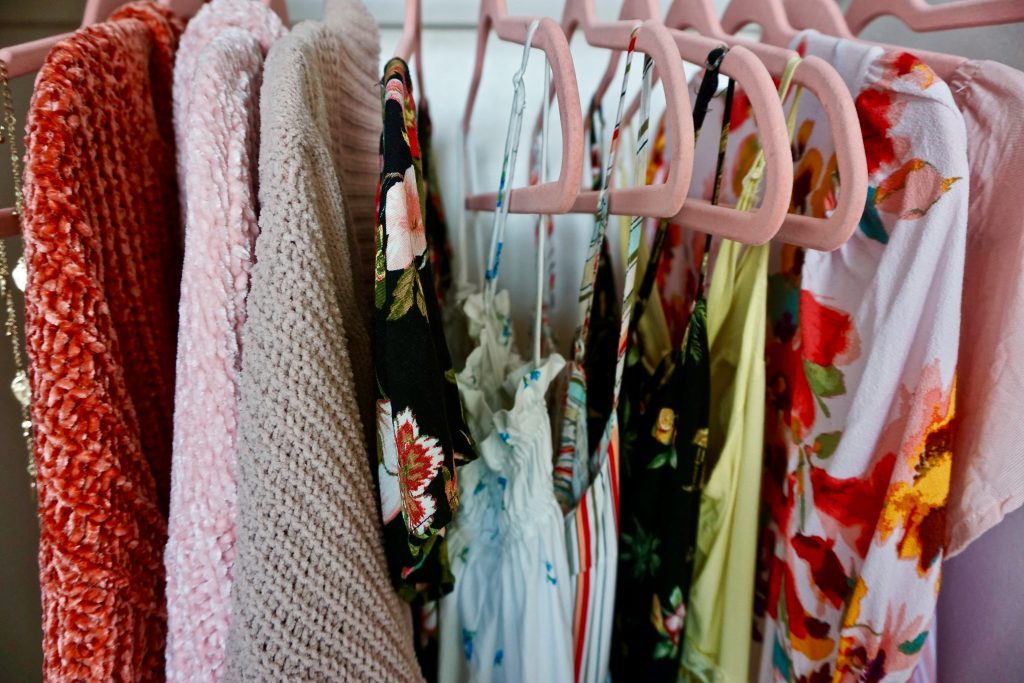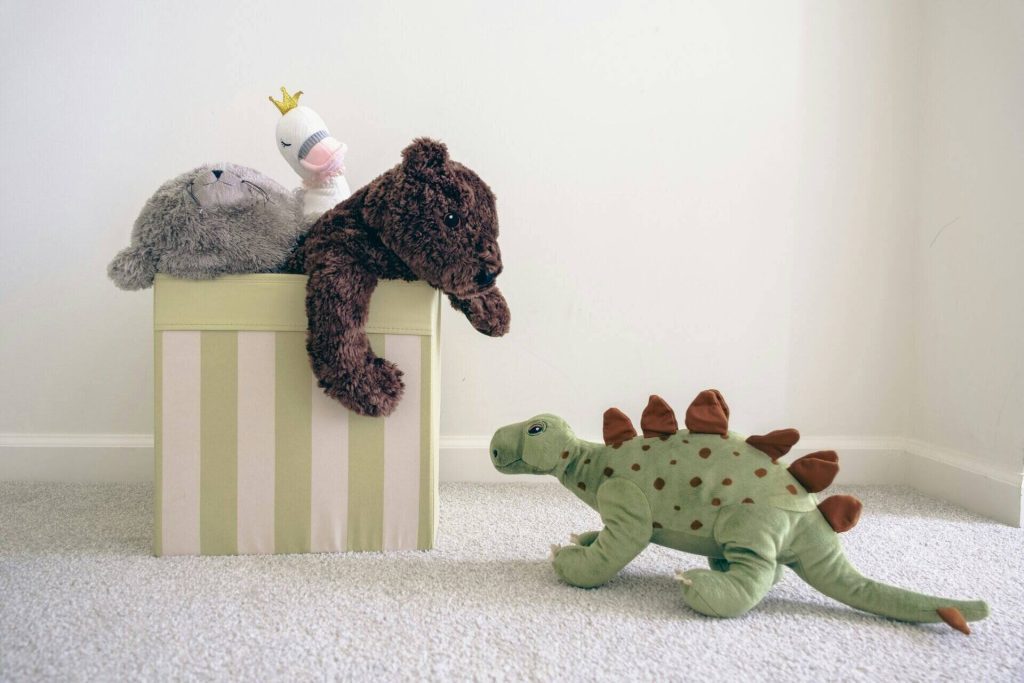As autumn settles across the UK, it’s the perfect time to think about seasonal storage. The transition from summer to winter presents an ideal opportunity to declutter your home or business, creating space and protecting your valuable possessions in the months ahead. Many UK households and businesses accumulate substantial amounts of seasonal equipment and furniture that simply doesn’t work during the colder months. Rather than letting these items clutter up your living spaces, storing them strategically can free up room, protect your belongings, and make the seasonal transition considerably smoother.
The challenge, of course, is working out what to store and where. If you’re short on space – whether you live in a London flat, a house without a garage, or run a business with limited room – finding storage solutions becomes essential. Understanding what UK households typically store during autumn, and knowing how to store these items properly, can transform your approach to seasonal living and help you make the most of your available space.
What UK households typically store in autumn
As summer fades, British homes and gardens remain full of items that won’t be needed until the following spring. Understanding what you should be storing helps you make smart decisions about your space and your possessions.
Garden furniture is the obvious starting point. Those comfortable loungers, dining sets, and benches that made summer entertaining possible now take up valuable space in gardens and on patios. Rather than leaving them exposed to months of rain, frost, and wind, storing them properly preserves their condition and appearance. Canvas chairs, wooden tables, and metal frames all benefit from being kept dry and protected during the winter months.
Summer sports equipment represents another significant storage need for many UK households. Whether your family enjoys kayaking, windsurfing, or cricket, the equipment for these activities – paddles, boards, rackets, and protective gear – needs somewhere safe to live during winter. Garden sports equipment like cricket sets, badminton nets, and trampolines also need storing. For those with boats or dinghies, secure storage becomes particularly important. These items are valuable, often take up considerable space, and require protection from the elements and theft.
Beyond the garden, many households find themselves with seasonal indoor items to store. Summer clothing, decorations from summer gatherings, light bedding, fans and air conditioning units can all be boxed up and stored. If you’ve hosted summer parties or run a catering business, you might have entertaining equipment, outdoor tableware, or decorative items that only see use during warmer months.
Barbecues and garden cooking equipment are also items worth storing. Whether it’s a substantial charcoal or gas BBQ, a pizza oven, or collection of outdoor cooking tools, these items take up prime garden real estate. Storing them protects them from rust and deterioration whilst freeing up your outdoor space for winter activities or simply creating a less cluttered garden.
Storing summer furniture properly
Summer garden furniture is an investment, and proper storage ensures it remains in good condition year after year. Before storing furniture, give it a thorough clean. Remove dirt, debris, and any organic growth, then dry it completely. Moisture left on furniture creates an ideal environment for mould and mildew during months of storage.
Disassemble items where possible. Removing legs from tables or taking apart sectional sofas means they take up considerably less space and are less likely to be damaged. Store components together in clearly labelled bags or boxes so you can easily reassemble everything next spring.
For wooden furniture, consider applying a protective coat before storage. A light furniture oil or treatment helps protect against moisture and keeps the wood in better condition. Metal furniture benefits from a light coating of wax or oil to prevent rust. Fabric items should be stored in breathable containers rather than sealed plastic, which can trap moisture and cause damage.
Stack items carefully to avoid pressure damage, and avoid storing furniture in damp spaces. Even a well-intentioned garden shed can become a moisture trap during winter. If you don’t have dry, secure storage at home, professional storage facilities offer a superior alternative.
Garden equipment and BBQ gear
It’s easy to accumulate garden equipment over the years. Lawnmowers, strimmers, leaf blowers, hedge trimmers, and pressure washers all need somewhere to live during winter when they’re not in regular use. Before storing garden equipment, drain fuel and oil from petrol-powered tools. This prevents engine damage and reduces fire risk during storage. Clean equipment thoroughly and allow it to dry completely.
Barbecues and outdoor cooking equipment need particular care. A substantial investment, they’re also vulnerable to rust and weather damage. Clean your BBQ thoroughly before storing it, removing grease and residue. Cover it with a waterproof cover designed for outdoor equipment, or store it in a dry location where it’s protected from moisture. Gas BBQs should have their cylinders stored separately in a well-ventilated area.
Smaller garden tools, such as spades, forks, rakes, and hoes, should be cleaned, dried, and stored together. Hanging them on a wall or storing them in a tool rack prevents damage and makes them easy to find next season. Coil hoses and store them in a dry place where they won’t crack or develop kinks.
Summer sports equipment storage
For households with active families or individuals who enjoy water sports, storing equipment properly extends its lifespan and keeps it safe. Kayaks, paddleboards, and windsurfing boards are valuable items that need protection from UV damage, weather damage, and theft. Store them in a dry location away from direct sunlight. Hanging racks designed for kayaks and boards prevent warping and save considerable floor space. Self-store units are perfect for this type of storage.
Wetsuits and water sports clothing should be rinsed in fresh water after use, dried completely, and stored in breathable bags. Never store damp equipment, as it’ll develop mould and odours. Tennis rackets, cricket bats, and other sports equipment should be stored in their protective cases in a cool, dry environment.
Inflatable items like dinghies need careful storage. Ensure they’re completely clean and dry before storing. Store them in a protected location where they’re not at risk from punctures or UV damage. Deflate them only partially to avoid putting stress on seams, and store them in a temperature-stable environment such as a self-storage unit.
How professional storage helps with autumn decluttering
If you’re struggling to find space for seasonal items at home, or if you run a business with storage requirements, professional storage facilities offer a practical solution. Self-storage facilities in London provide secure, monitored facilities specifically designed to protect your belongings.
One of the key advantages of professional storage is security. Your items are stored in secure facilities with monitored access, CCTV, and professional management. This is particularly important if you’re storing valuable garden furniture or sports equipment. You don’t have to worry about theft, damage, or deterioration.
Professional storage also solves the space problem entirely. Rather than cramming items into a garage, shed, or spare room, you can store everything safely elsewhere. This frees up valuable space in your home or business premises, creating room for daily living or commercial operations. For London residents and businesses where space is at a premium, this benefit alone can be transformative.
Storage facilities are designed with protection in mind. They’re secure against weather damage, pests, and the elements. Your garden furniture won’t succumb to dampness, your sports equipment won’t be exposed to UV damage, and your BBQ will remain protected from rust and corrosion.
Professional storage also provides flexibility. You can store items for a few months or longer, accessing them when needed. This is particularly valuable if you’re downsizing, undergoing renovations, or managing a business with fluctuating equipment needs. You’re not locked into long-term commitments if you don’t want to be.
Making autumn storage easier
Autumn decluttering doesn’t have to be stressful or time-consuming. By thinking strategically about what needs storing, preparing items properly, and using professional storage when necessary, you can transform the seasonal transition into an opportunity to organise your space and protect your valuables.
Whether you’re storing garden furniture, summer sports equipment, BBQ gear, or a combination of seasonal items, the key is protection and accessibility. Items stored securely and kept dry can be accessed in spring in the same condition you stored them, ready to be enjoyed again.
If you’re looking for reliable, secure storage in London for your seasonal items, Alexanders offers professional storage facilities specifically designed to protect your belongings. Our secure, monitored storage units provide the ideal solution for homes and businesses managing seasonal equipment and furniture. Whether you need storage for a few months or longer, our team can help you find the right solution for your needs.
Book your storage now
Get in touch with Alexanders today to discuss your storage requirements. Call us on 0333 800 2323 to find out more about our storage services and request a quote. Let us help you make this autumn transition smooth and stress-free, so you can enjoy your space without the clutter.

Updated Daily






